Keywords: Sustainable Energy
-
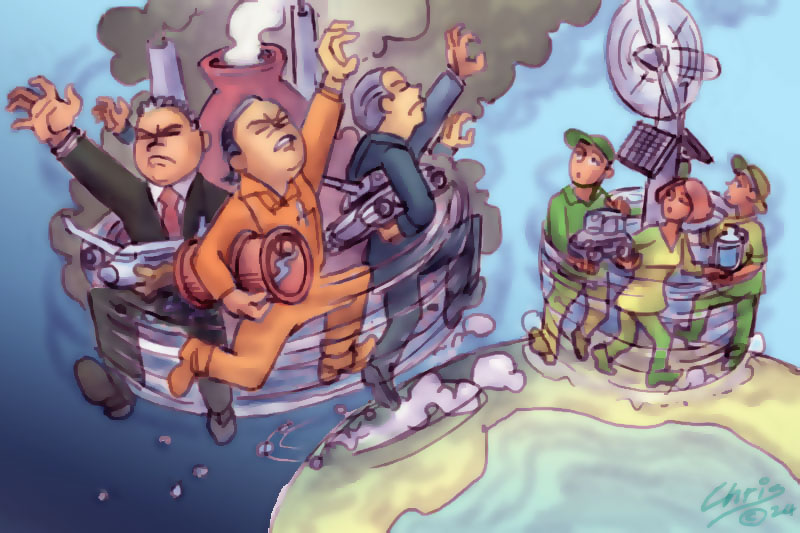
ENVIRONMENT
- Phil Jones
- 28 November 2024
1 Comment
Infinite economic growth on a finite planet is a paradox we can no longer ignore. As environmental crises deepen, solutions like the Steady State Economy offer a roadmap to balance sustainability and prosperity. Yet, transitioning from growth-centric systems raises hard questions: Can we create an economy that values life over profit?
READ MORE
-
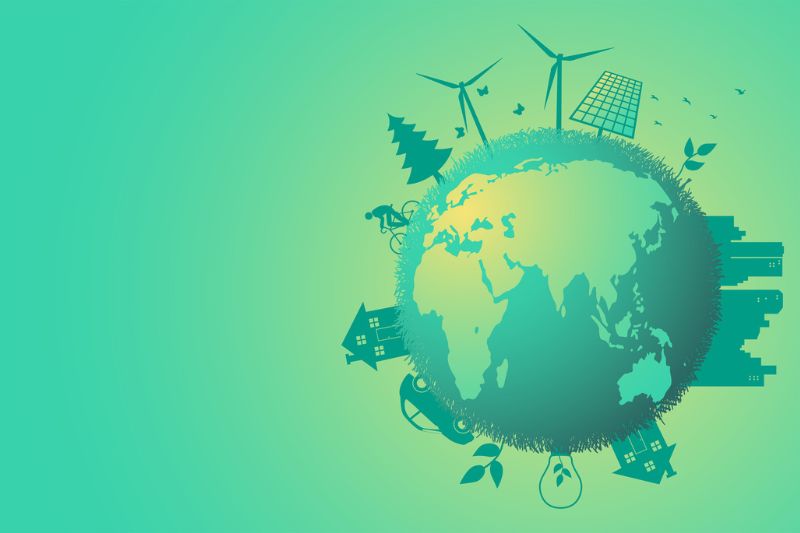
ENVIRONMENT
- David Ness
- 28 November 2024
2 Comments
As the climate crisis deepens, there's an urgent need for a global shift toward fairness, equity, and living well within our planet’s limits. Drawing from Pope Francis’s Laudato Si’, sufficiency thinking offers a critical, overlooked pathway to global equity and sustainability.
READ MORE
-
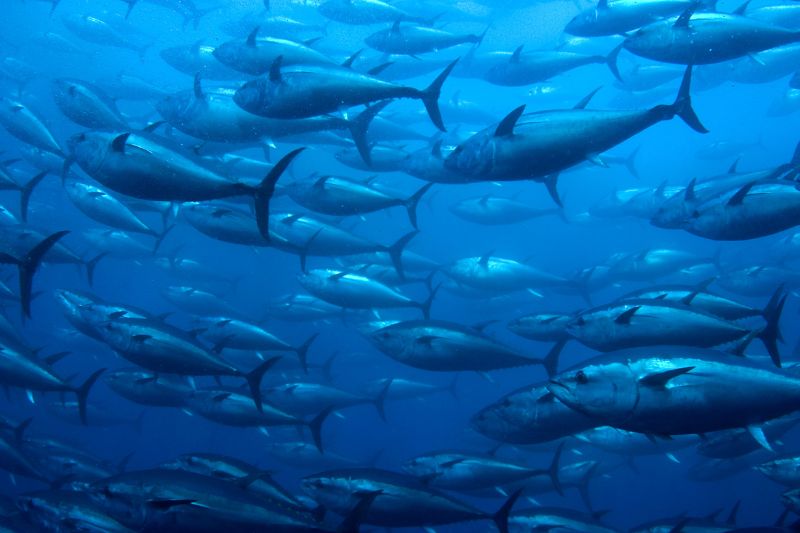
AUSTRALIA
- Hugh Breakey, Rebecca Marshallsay, Larelle Bossi, Charles Sampford
- 04 November 2024
1 Comment
While the government's Sustainable Ocean Plan rightly prioritizes environmental sustainability, long-term success in managing Australia’s vast ocean spaces will also require a strong focus on social sustainability. For Australia’s marine industries to thrive, they must not only secure genuine social license but also navigate its potential risks.
READ MORE
-
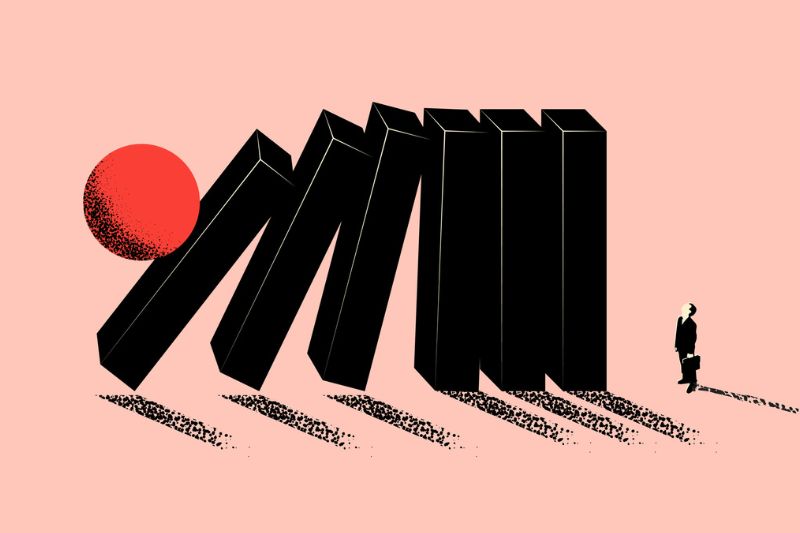
ECONOMICS
- David James
- 07 March 2024
4 Comments
The aggregate picture of the economy may seem healthy enough after two years of heavy immigration, over 800,000, and the return of students and tourists. But the elephant in the room remains. Australia is a two-tiered society sharply divided between people who own homes and people who do not. The generational divide is worsening.
READ MORE
-
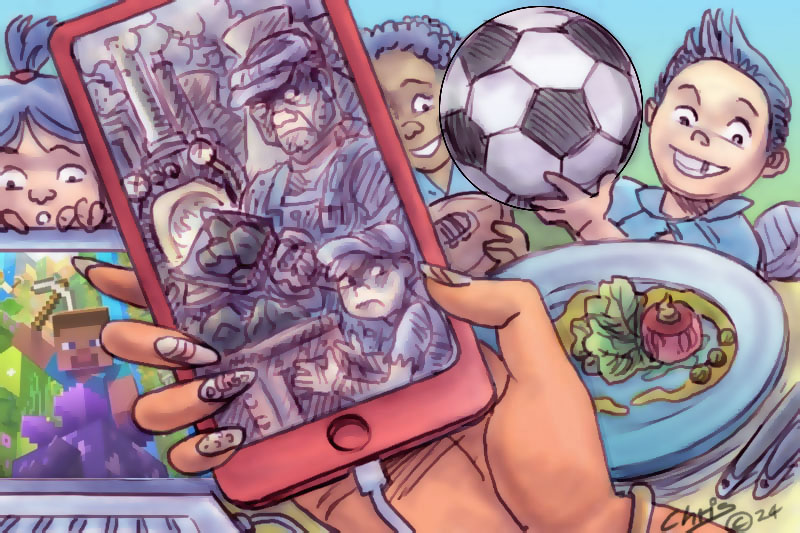
ECONOMICS
- David James
- 20 February 2024
3 Comments
What does it mean when ideas of scarcity – supposedly the driving principle in understanding supply and demand – are no longer the only or best way to think about economic activity? What is needed to understand the post-industrial environment is a new way of thinking about economics and finance.
READ MORE
-
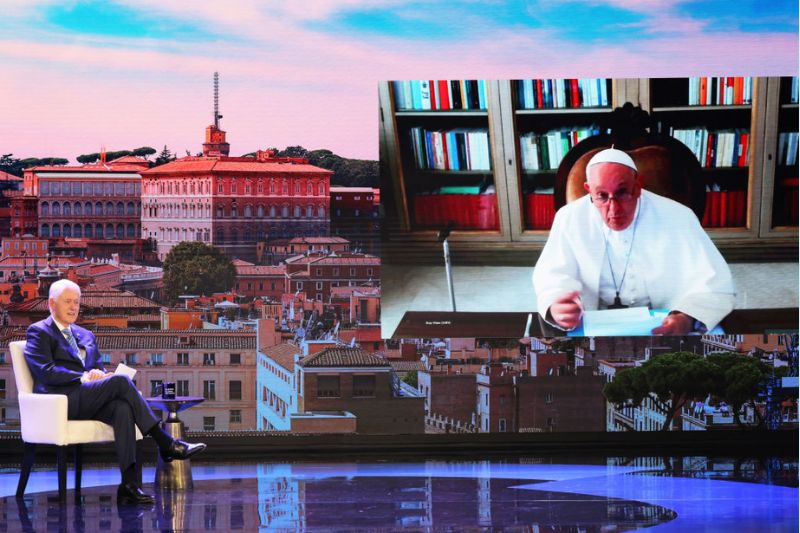
ENVIRONMENT
- Stephen Minas
- 07 February 2024
Recently Pope Francis’ approach is to speak in direct – sometimes blunt – terms about the shortcomings of climate action in recent years, suggesting that we need a system of climate justice that is not built on the backs of the poor.
READ MORE
-

AUSTRALIA
- Michele Gierck
- 22 September 2023
Can genuine dialogue influence societal change? In discussion with Professor Joe Camilleri, Michele Gierck explores initiatives to achieve productive public discourse, and the transformative power of conversation as our most effective catalyst for global change.
READ MORE 
-
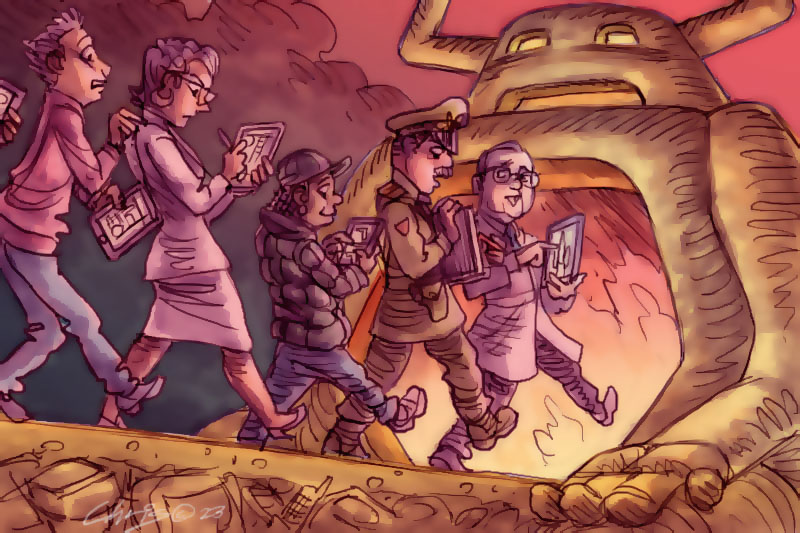
ECONOMICS
- Daniel Simons
- 14 September 2023
In a world increasingly governed by algorithms and AI, the ancient deity Moloch emerges as a haunting metaphor for our tech-driven sacrifices. Drawing parallels from historic rituals to present-day digital dynamics, ancient fears offer insight into today's most pressing existential challenges.
READ MORE
-
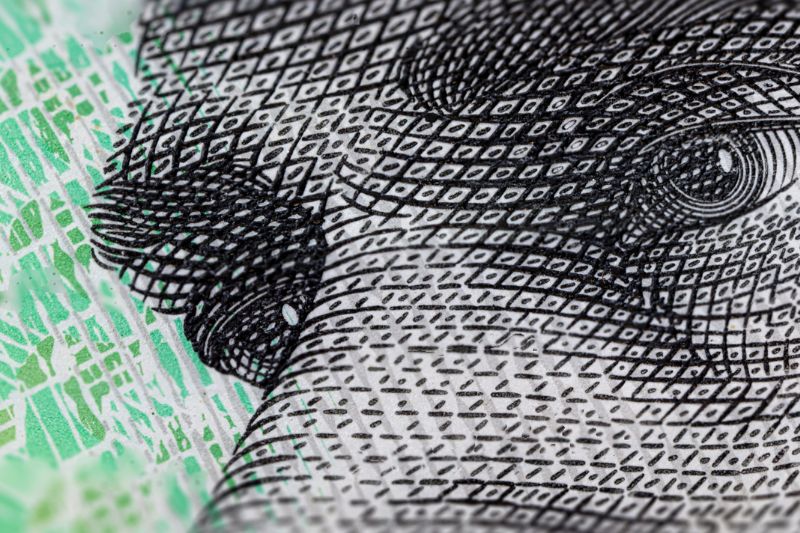
ECONOMICS
As the economy becomes more focused on monetary exchange, we overlook underlying realities that are hidden from plain sight. Largely invisible aspects of our economic life such as transactionalisation and industrial efficiency are transforming our society and can shape our future in unexpected ways. So what does this mean for the future of capitalism and our society?
READ MORE
-
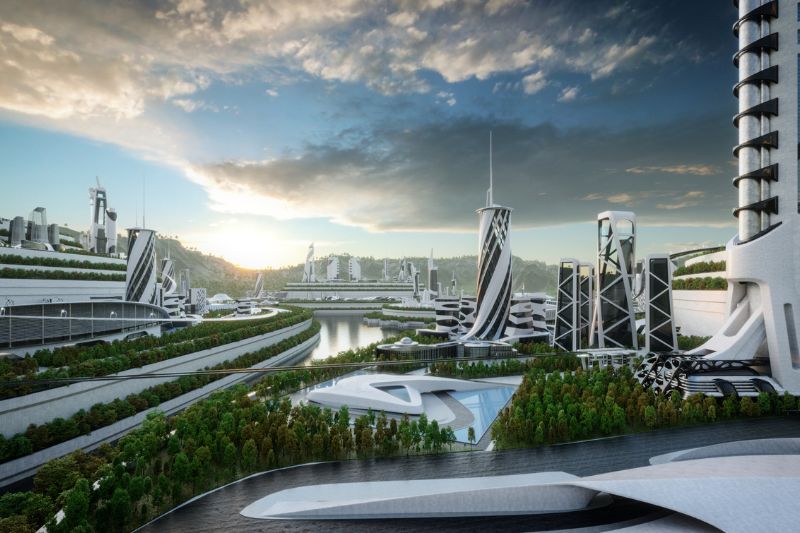
ENVIRONMENT
- Michael McVeigh
- 11 April 2023
The government’s Powering Australia Plan promises renewable energy and net-zero emissions by 2050. However, analysts warn that there is little change in the economic and bureaucratic structures that support the fossil fuel industry. Unless Australia finds a way to prosper sustainably, the country will continue to benefit from emissions while the rest of the world suffers.
READ MORE
-

ENVIRONMENT
- Michele Gierck
- 24 March 2023
Climate science doesn't make for comfortable reading. As the climate crisis continues to escalate, Dr. Joëlle Gergis, prominent climate scientist and one of Australia's lead authors of the IPCC Sixth Assessment Report, offers readers a unique perspective on the urgent need for mass climate action and why we have reason to hope.
READ MORE 
-

ECONOMICS
- David James
- 28 October 2022
Who wields the most power in the world? If one follows the money trail, it becomes clear that Western societies have become ruled by a new type of aristocracy: a management aristocracy.
READ MORE 